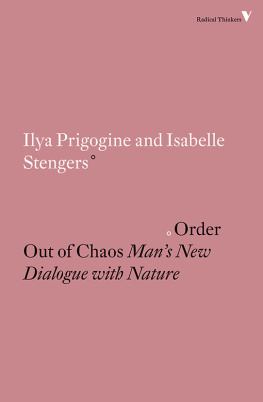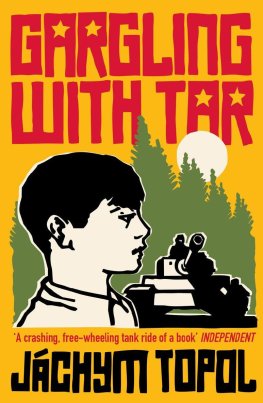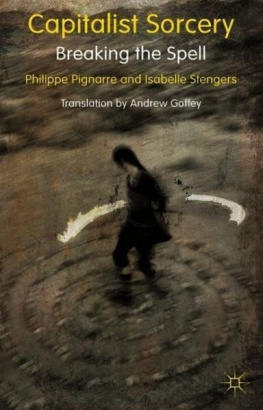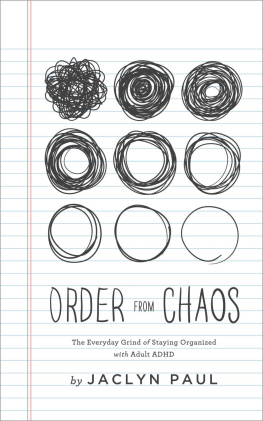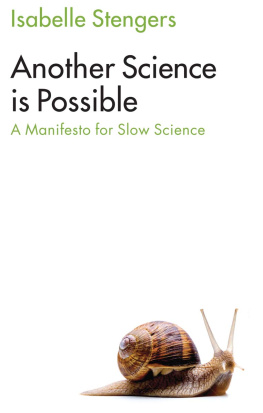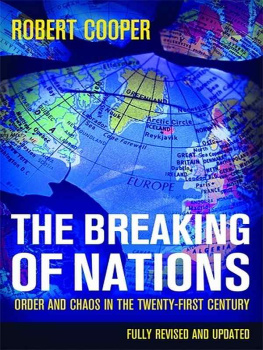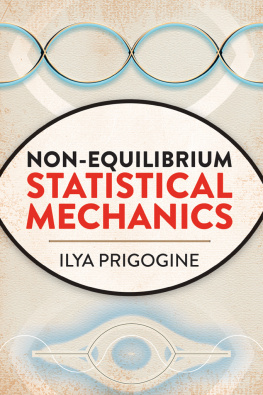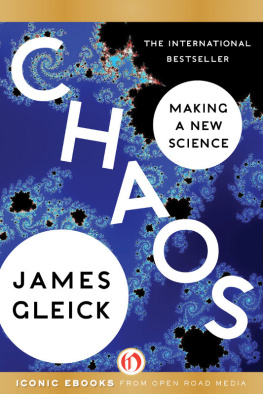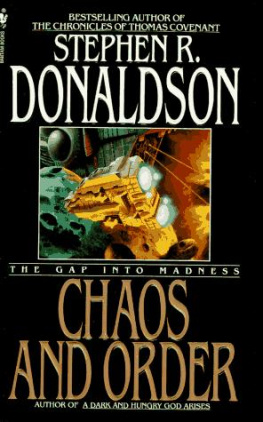SCIENCE AND
CHANGE
One of the most highly developed skills in contemporary Western civilization is dissection: the split-up of problems into their smallest possible components. We are good at it. So good, we often forget to put the pieces back together again.
This skill is perhaps most finely honed in science. There we not only routinely break problems down into bite-sized chunks and mini-chunks, we then very often isolate each one from its environment by means of a useful trick. We say ceteris paribusall other things being equal. In this way we can ignore the complex interactions between our problem and the rest of the universe.
Ilya Prigogine, who won the Nobel Prize in 1977 for his work on the thermodynamics of nonequilibrium systems, is not satisfied, however, with merely taking things apart. He has spent the better part of a lifetime trying to put the pieces back together againthe pieces in this case being biology and physics, necessity and chance, science and humanity.
Born in Russia in 1917 and raised in Belgium since the age of ten, Prigogine is a compact man with gray hair, cleanly chiseled features, and a laserlike intensity. Deeply interested in archaeology, art, and history, he brings to science a remarkable polymathic mind. He lives with his engineer-wife, Marina, and his son, Pascal, in Brussels, where a cross-disciplinary team is busy exploring the implications of his ideas in fields as disparate as the social behavior of ant colonies, diffusion reactions in chemical systems and dissipative processes in quantum field theory.
He spends part of each year at the Ilya Prigogine Center for Statistical Mechanics and Thermodynamics of the University of Texas in Austin. To his evident delight and surprise, he was awarded the Nobel Prize for his work on dissipative structures arising out of nonlinear processes in nonequilibrium systems. The coauthor of this volume, Isabelle Stengers, is a philosopher, chemist, and historian of science who served for a time as part of Prigogines Brussels team. She now lives in Paris and is associated with the Muse de la Villette.
In Order Out of Chaos they have given us a landmarka work that is contentious and mind-energizing, a book filled with flashing insights that subvert many of our most basic assumptions and suggest fresh ways to think about them.
Under the title La nouvelle alliance, its appearance in France in 1979 triggered a marvelous scientific free-for-all among prestigious intellectuals in fields as diverse as entomology and literary criticism.
It is a measure of the insularity of the English-speaking world that this book, which is either published or about to be published in twelve languages, has taken so long to appear in the present version. The delay carries with it a silver lining, however, in that this edition includes Prigogines newest findings, particularly with respect to the Second Law of thermodynamics, which he sets into a fresh perspective.
For all these reasons, Order Out of Chaos is more than just another book: It is a lever for changing science itself, for compelling us to reexamine its goals, its methods, its epistemologyits world view. Indeed, this book can serve as a symbol of todays historic transformation in scienceone that no informed person can afford to ignore.
Some scholars picture science as driven by its own internal logic, developing according to its own laws in splendid isolation from the world around it. Yet many scientific hypotheses, theories, metaphors, and models (not to mention the choices made by scientists either to study or to ignore various problems) are shaped by economic, cultural, and political forces operating outside the laboratory.
I do not mean to suggest too neat a parallel between the nature of society and the reigning scientific world view or paradigm. Still less would I relegate science to some superstructure mounted atop a socioeconomic base, as Marxists are wont to do. But science is not an independent variable. It is an open system embedded in society and linked to it by very dense feedback loops. It is powerfully influenced by its external environment, and, in a general way, its development is shaped by cultural receptivity to its dominant ideas.
Take that body of ideas that came together in the seventeenth and eighteenth centuries under the heading of classical science or Newtonianism. They pictured a world in which every event was determined by initial conditions that were, at least in principle, determinable with precision. It was a world in which chance played no part, in which all the pieces came together like cogs in a cosmic machine.
The acceptance of this mechanistic view coincided with the rise of a factory civilization. And divine dice-shooting seems hardly enough to account for the fact that the Age of the Machine enthusiastically embraced scientific theories that pictured the entire universe as a machine.
This view of the world led Laplace to his famous claim that, given enough facts, we could not merely predict the future but retrodict the past. And this image of a simple, uniform, mechanical universe not only shaped the development of science, it also spilled over into many other fields. It influenced the framers of the American Constitution to create a machine for governing, its checks and balances clicking like parts of a clock. Metternich, when he rode forth to create his balance of power in Europe, carried a copy of Laplaces writings in his baggage. And the dramatic spread of factory civilization, with its vast clanking machines, its heroic engineering breakthroughs, the rise of the railroad, and new industries such as steel, textile, and auto, seemed merely to confirm the image of the universe as an engineers Tinkertoy.

